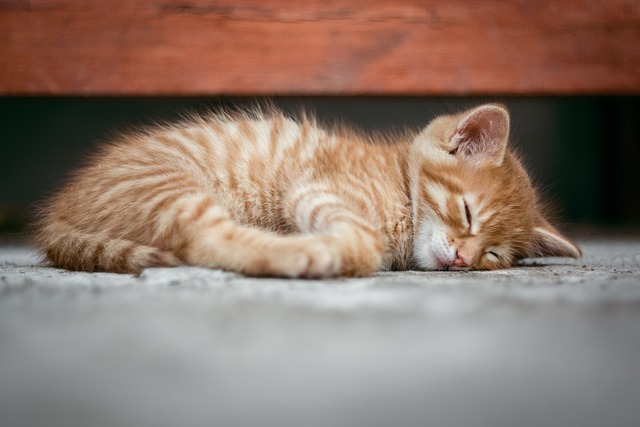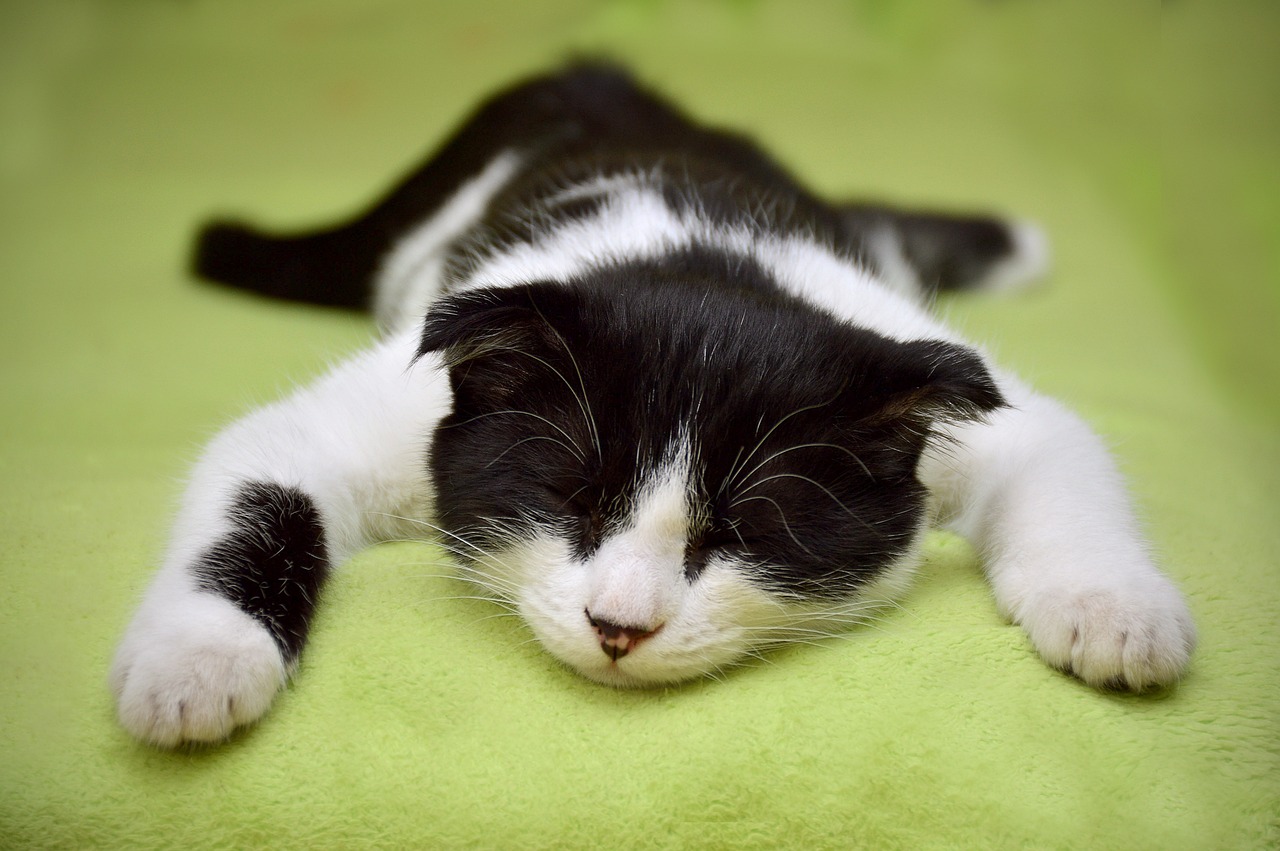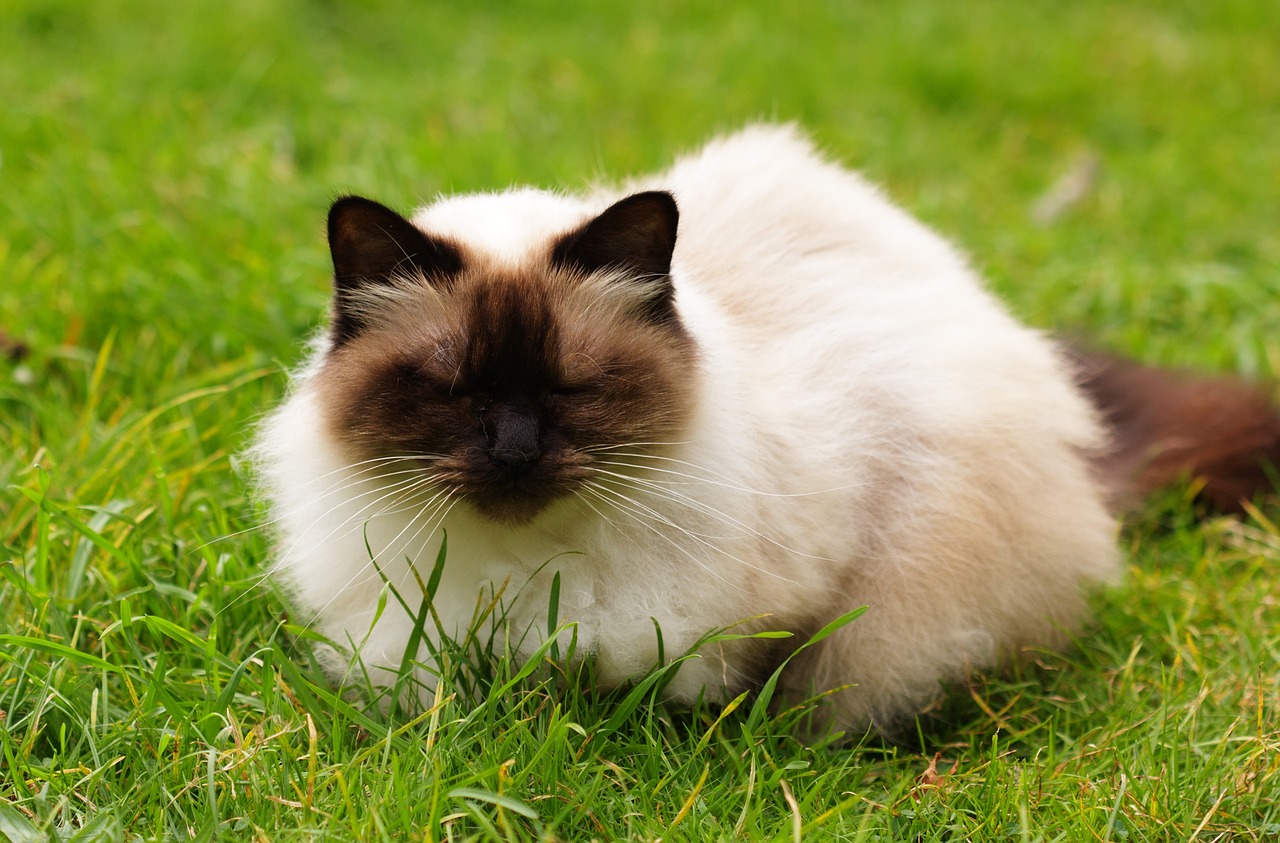Hair loss in cats also called alopecia may have different causes. We will examine here some of the most common reasons, that lead to start hair problems in cats.
First, you need to understand what exactly is the meaning of alopecia in cats. Alopecia in cats can be of two types complete hair loss or partial hair loss. There are various reasons which lead to complete or partial hair loss in cats. Most commonly it happens during skin allergies. Overgrooming in cats can also cause alopecia, when your cat licks its skin too much, this excessive licking results in the form of bald patches on the skin. We will discuss in this article the 6 most common reasons for hair loss in cats.
Is Hair Loss in Cats Ever Normal?
Sometimes genetics play a vital role in determining the hair’s ability to grow. A breed of cats called sphynx has been born without hair and never grows any. So a Sphynx cat without hair is completely normal.
Another type of alopecia called pineal hair loss is also considered normal in most breeds of cats. In this type, this hair loss occurs on the outer side of the pinnae. Similarly, preauricular alopecia is also a normal hair loss in cats which occurs between the ears and eyes due to the thinning of the skin.
What About Acquired Alopecia or Hair Loss In Cats?
All the other types of alopecia which are prevalent in cats are acquired alopecia. A cat born with normal fur and soft hairs can acquire alopecia at any stage of its life, which can be a symptom of a disease, but alopecia in cats itself in cats is not a disease.
With a Cat Losing Hairs, Will That Hairs Grow Back
Alopecia in cats is a concerning issue. But the good news for cat owners is that hair loss in cats doesn’t indicate a serious illness. Generally, hair loss in cats is reversible, and cats can grow their hair back especially when the cause of hair loss is skin allergies.
6 Most Common Conditions Behind Cats Hair Loss
One thing that should be mentioned here is, that Alopecia in cats is a very broad condition which may have many factors apart from these below-mentioned reasons for hair loss in cats.
1 Skin Allergy
Flea allergies in cats are the most common reason for hair loss. Fleas can irritate any cat of any age but some cats are too sensitive for the antigens which are present in the saliva of fleas. When fleas cause itchiness in these cats it produces a scratching response. The cat will ultimately pull its hair out by scratching and licking itself due to an allergic reaction triggered by fleas.
it is unlikely that hairs are falling out due to skin allergies in cats but not regrown. But sometimes the allergic response of the cat is too fast and this faster licking may not allow the hair to be replaced.
Over-grooming is not necessarily caused by the fleas etching. Sometimes cats can engage in excessive grooming just because of the painful condition. If your cat gets hurt by something and damages its nerves in the skin, eventually leads to a grooming response triggered by this stressful event. Indeed this extra grooming will cause hair loss and even not to be regrown.
Mange, scabies also cause allergies in cats. Mites, ticks, food allergies and environmental allergies also can trigger a grooming and licking response and can cause hair loss in your cats..
2 Pain
When you see a cat itching and scratching itself, it is not necessary due to skin allergies. But sometimes tissues underneath the skin are causing this response and it can be a sign of pain in cats. Arthritis (Inflammation of joints) may also cause the same response and lead your cat to lick the achy joint. Licking painful joints constantly will help the cat in pain to relieve the discomfort. But this relieving activity of a cat will also cost its hair at that specific site.
3 Infections
This is not a very common cause of hair loss in cats but still, it happens in some cases. A bacterial infection or fungal infection may cause hair loss from an infected area of a cat’s body. Bacterial infections like staphylococcus and pyoderma can cause skin infections. Pyoderma bacteria which normally live on the skin of a cat can trigger infection by mite infestation on the skin. In case of fungal infections, we can treat scales and crusts involved in this by applying antifungal agents on hairless sites. Whereas not all antifungal agents are safe in cats so always consult a veterinarian before applying any medication.
4 Endocrine Disorders
hyperthyroidism in cats can also be a cause of hair loss. Hyperthyroidism in cats is a disease in which the thyroid gland produces excessive thyroxin hormone. This hormonal disorder can also cause hair loss in your cat. Besides hyperthyroidism in cats, another hormonal imbalance, and an increased level of steroids in the cat’s body can cause an even more unfortunate condition. As a side effect of steroids, hair follicles may start to die which eventually leads to hair fall, and new hairs may not grow back to replace them. The Cushing disease in cats can also be a reason that can cause hair fall in your pet partner. In this metabolic disorder, too much cortisol is produced in the body which may cause alopecia.
5 Medications Side Effects
Some medicines can cause hair loss in cats as their side effects. So it is advisable not to use any medication without knowledge. Consult your veterinarian before applying any remedy to your pet friend.
6 Cancer
Cancer can rarely be a reason for your cat to lose its hair. Most of the time hair fall in cats is not a very serious or emergency. But a term called neoplasia which means an uncontrolled growth of cells may also cause hair loss in cats. Cancerous cells may also cause itching. However, these deadly reasons for hair loss in cats are very rare.
Bottom Line On Hair Loss in Cats
You don’t have to panic at all. If your cat losing hair, just take him to your veterinarian. Chances are very high that your cat is not suffering from any serious illness. But you do not know especially just by seeing or observing. Therefore a thorough check-up from a veterinary doctor is advisable.
Also Read: What Causes Cat Diarrhea
Frequently Asked Question
Alopecia in cats, also known as alopecia, can have various causes. These may include allergies, parasites fungal or bacterial infections, hormonal imbalances, stress, or other medical conditions.
Alopecia can be more common in older cats due to age-related issues and potential health problems. However, hair loss can occur at any age and may be indicative of some medical problem that requires veterinary attention.
Treatment for hair loss depends on the underlying cause. Your veterinarian will conduct a thorough examination, potentially including skin tests, blood work, or other diagnostic procedures, to determine the reason for the hair loss.
Some degree of alopecia is normal for cats, especially during seasonal changes. Significant or sudden hair loss, bald patches, or changes in your cat’s appearance often indicate an underlying issue that a veterinarian should evaluate.
Yes, excessive grooming, can lead to alopecia in cats. Cats may groom excessively due to stress, anxiety, or skin irritation. This behaviour can result in patchy hair loss, and identifying and addressing the underlying cause is essential.



